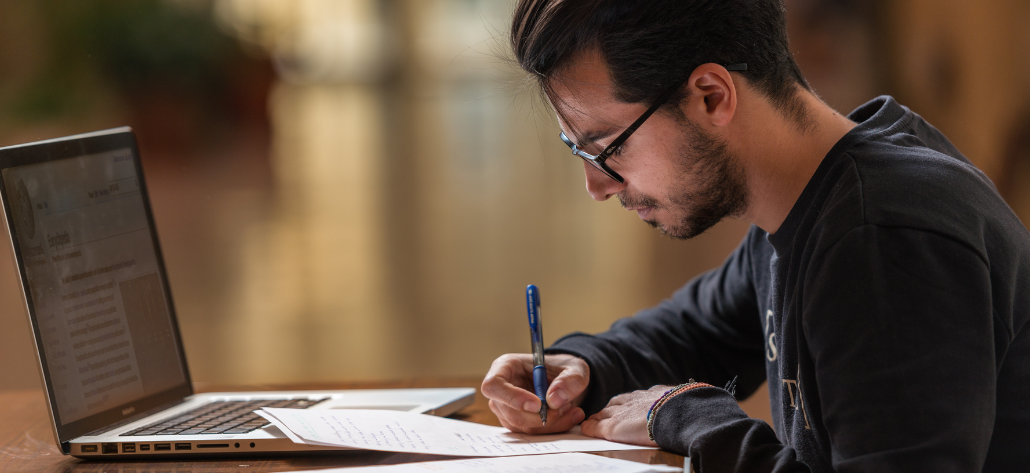Ah, the Socratic Method. Who doesn’t dream of being called on by your professor only to be grilled on the ins and outs of a case you read the night before?
Quick answer: nobody.
The Socratic Method (a.k.a. cold calling) is a right of passage for any incoming law student and can sometimes be met with anxiety. So, let’s talk about what the Socratic Method is, and how to prepare for the inevitable.
Free Downloadable PDF: The 1L Law School Supplies Checklist
What is the Socratic Method?
The Socratic Method derives its name from the teaching methods of the ancient Greek philosopher, Socrates (470-399 B.C.). Socrates walked the streets of ancient Athens questioning citizens about everything from democratic principles to the role of government.
Socrates pretended not to know the correct answers to elicit the truth from the subjects of his interrogation.
The Socratic Method in Law School
The Socratic Method was first used as a law school teaching technique by Christopher Columbus Langdell, dean of Harvard Law School from 1870-1895.
Law school professors use the Socratic Method to help students learn how to use critical thinking skills to analyze cases. These same skills prepare students to litigate before tough judges and ultimately succeed throughout their legal career.
When using the Socratic Method, professors will have a student attempt to summarize a case, followed up by a grilling of questions. These questions can sometimes include a manipulation of facts to challenge the student in the hot seat.
How to Take On Cold Calling
The act of being questioned non-stop by your professors can definitely be anxiety-inducing. That’s why it’s important to remember that the goal is not to intimidate you, but to teach you how to process the law from a critical thinking perspective.
Some professors may call on students randomly, while others list to make sure all students have been called on at least once throughout the semester.
The best way to handle being cold called is to make sure that you are prepared for class. That means attending class every day, doing your reading assignments and taking detailed notes/outlines, and paying attention in class while your professor is speaking.
Another tip is to hold off on note-taking while other students are being called on. This allows you a chance to truly pay attention to the substance of the questioning, and to get an idea of your professor’s particular style when practicing the Socratic Method.
One thing you don’t want to do is be unprepared when your professor calls on you. This can foster a negative relationship between you and your professor and might even affect your overall performance in that class.
If for any reason you believe you won’t be prepared to be cold called due to an emergency, illness, etc., write your professor an email with the explanation before class.
Learn the Socratic Method, Case Method & More
Law Preview courses give you a taste of the law school experience before your first day of class.
Our live courses take place in real law school classrooms across the country. In only six days, you’ll experience everything from in-depth lessons taught by the nation’s top professors to — yes — the Socratic Method.
Sound scary? It’s not. Imagine starting your 1L year knowing how to handle the Socratic Method like a pro.
Here are a few things you’ll learn by taking Law Preview this summer:
- An overview of core 1L material
- Proven exam-taking strategies
- Legal research and writing 101
- Note-taking and outlining techniques
- And more
Ready to take the first step toward the top of the class? Sign up for a Law Preview Law School Prep Course today.


